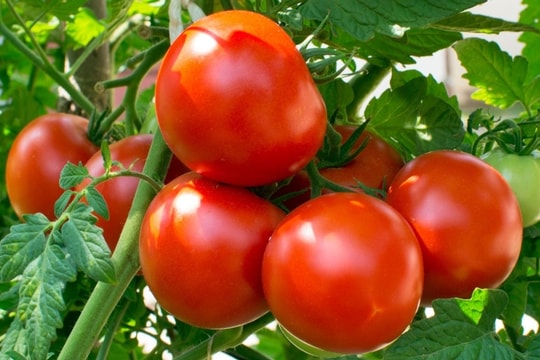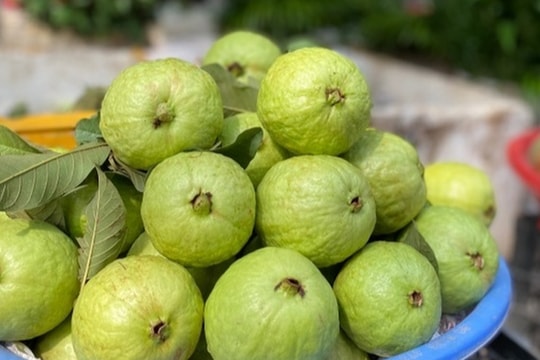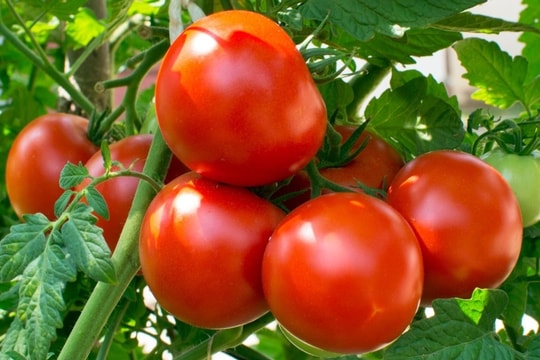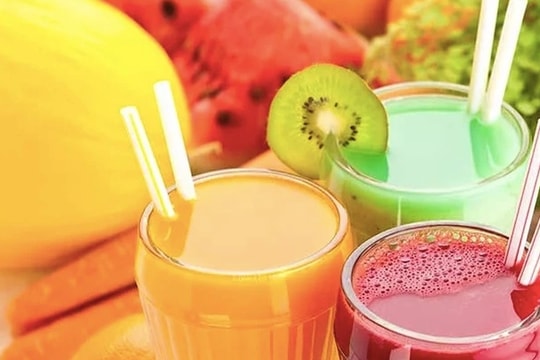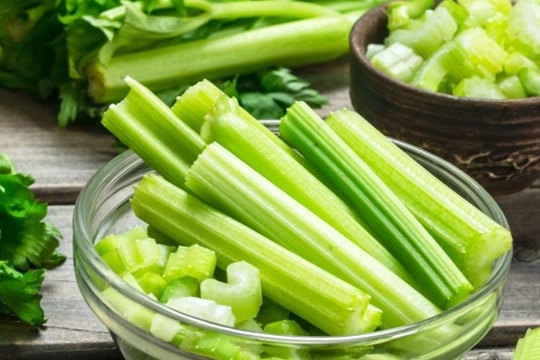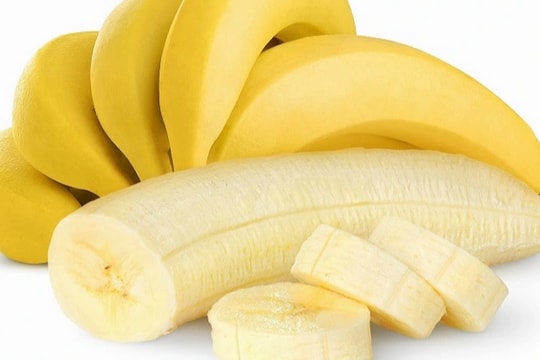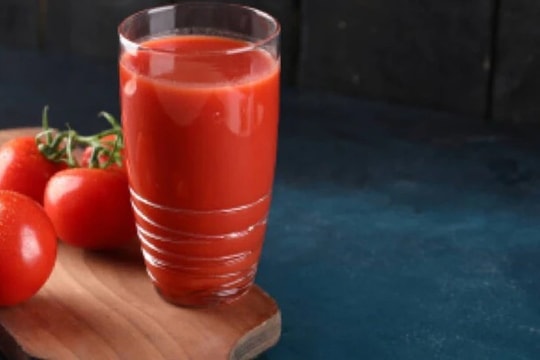Is fruit juice as magical as we think?
Fruit juice provides many vitamins and minerals and is easy to absorb, suitable for busy people who are lazy to eat. Many people wonder between eating whole fruit or just drinking juice, which is better?
To answer the question of whether fruit juice is good for the digestive system, we must determine what substances are in it.
In addition to the peel and seeds, oranges and tangerines provide water, fructose, vitamins B and C, iron, and protein. Some fruits, such as avocado and durian, also contain fat.
When drinking juice, we drink the water and the characteristic smell of that fruit, fructose, a little vitamin, but the starch, fat, fiber, protein in the pulp and meat of that fruit are not present.
Regular fruit juices do not make the digestive system better or worse. Of course, drinking juice makes the digestive system easier to handle instead of chewing fruits. But I believe that working is good. Moreover, some people with digestive problems find drinking fruit juice "slightly" harmful even though it does not make the digestive system worse. For example, drinking fruits with high concentrations of vitamin C will irritate the stomach, make it more uncomfortable, painful, especially for people with reflux or stomach ulcers.
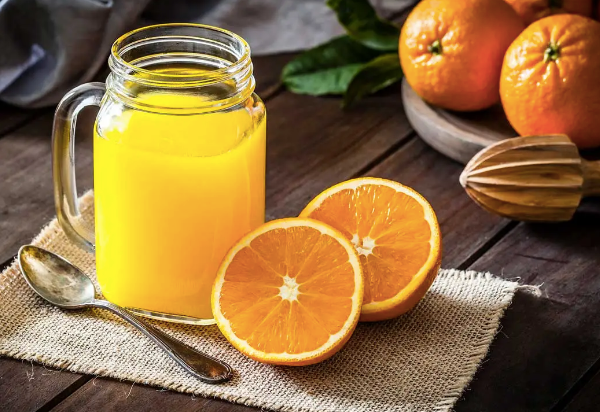 |
People with reflux and stomach ulcers can easily get irritated when drinking orange juice. Photo: Healthline |
Many people ask me what time of day is best to eat fruit or drink juice? As I said above, fruit or fruit juice is also food, in addition to water, it also contains sugar, protein, fat, vitamins... Our body will "distribute" the path of substances from food intake.
Therefore, there is no reason to prescribe that the main meal time is to eat meat, then drink fruit juice. Because the nature of meat, fish, rice, soup or fruit all have enough nutritional components, the problem is that the ratio is different for each dish. Therefore, in theory, we combine to suit the taste, it is impossible to eat sour soup and drink lemon juice, it will not be delicious.
I support choosing fruits and juices as desserts, used during meals, the body will automatically classify and metabolize. Outside of main meals, when thirsty, we can cut fruits into small pieces or drinkjuicealso, no need to eat at any time.
Many people wonder how long after processing and juicing fruit can it be stored in the refrigerator to preserve vitamins and ensure safety?
In my opinion, the length of time the juice is kept in the refrigerator is not a matter of days, but rather the fear of bacterial contamination. Water-soluble vitamins are easily damaged when cooked, but are less damaged if refrigerated. However, some vitamins can precipitate, such as vitamin C, which makes it difficult for the drinker to absorb.
Preserving in the refrigerator is to help the juice not spoil. Because in normal climate and weather conditions, fruits are full of nutrients, but when cut, especially fruits with a lot of starch, sugar, and sweetness, bacteria and fungi ferment very strongly, so they are easily spoiled. Therefore, putting juice and cut fruits in a cold environment to help the food not ferment and spoil, is not meaningful in preserving vitamins.
Many people idolize fruit juice. I affirm that fruit juice is different from fruit, because juice is simply water, fructose and some water-soluble vitamins depending on the type. This sugar when entering the body needs vitamin B, C to metabolize, while there is little of that vitamin in juice. Therefore, if you only drink juice, the body still needs to mobilize vitamin B, C in the reserve to metabolize.
Fruits and green vegetables contain a lot of fiber, which is very good for the digestive system, helps prevent constipation, intestinal tract, probiotics, reduces the risk of fatty liver, high blood fat, colon cancer... Fruit juice does not have as much fiber as eating whole oranges, guavas, tangerines, mangoes... If you find it difficult to eat fruit, blend it into a smoothie to take full advantage of the nutrients from the fruit./.

